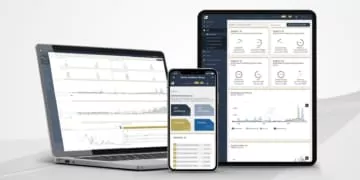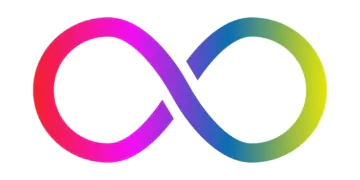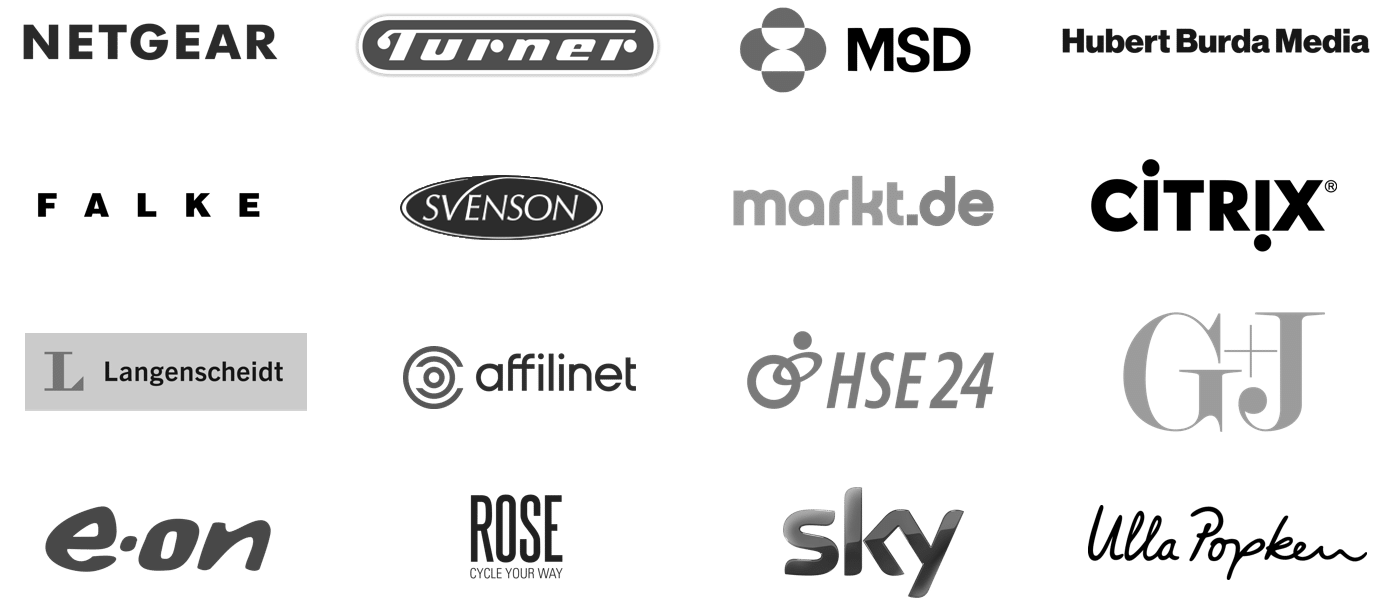Google erlaubt viele Affiliate-Links, wenn Inhalt nützlich ist

Copyright © Shutterstock/ChocoPie
Google bestätigt, dass es nicht schlimm ist, viele Affiliate-Links auf einer Seite zu haben, wenn der Hauptinhalt einen Mehrwert für das Web darstellt.
Gibt es Strafen für zu viele Affiliate Links?
John Mueller von Google erklärt, dass die Anzahl der Affiliate-Links auf einer Seite unwichtig sind, solange der Hauptinhalt für Suchende nützlich ist.
Sie können so viele Affiliate-Links auf einer Seite platzieren, wie Sie wollen, ohne eine Strafe oder Herabstufung befürchten zu müssen.
Dies wurde während des Google Search Central SEO Hangouts am 6. August 2021 aufgezeichnet.
“How many affiliate links are safe or good to have on a single page? Is there a perfect ratio of links to article length to maintain here?”
Es ist wahrscheinlich kein Zufall, dass diese Frage nur wenige Wochen nach der Einführung des Link-Spam-Algorithmus-Updates von Google gestellt wird. Dieser Algorithmus kann Websites bestrafen, die nicht gekennzeichnete Affiliate-Links verwenden.
Wenn Affiliate-Links richtig eingesetzt werden, gibt es “keine Begrenzung” dafür, wie viele Links eine Seite haben kann, soweit es die Suchmaschinenoptimierung betrifft.
Im Folgenden erfahren Sie, was Mueller zu diesem Thema zu sagen hat.
John Mueller von Google über Affiliate-Links
Mueller stellt klar, dass Google nicht versucht, die Botschaft zu vermitteln, dass Affiliate-Links schlecht sind, sondern dass sie völlig in Ordnung sind, sofern sie innerhalb nützlicher Inhalte platziert werden.
“There is no limit. From our side it’s not that we’re saying that affiliate links are bad or problematic. It’s more a matter of, well, you actually need to have some useful content on your page as well. So that’s kind of the angle that we take there.
The amount of affiliate links that you have on a site is totally irrelevant. The ratio of links to article length is also totally irrelevant.”
Mueller führt weiter aus, dass Google einen Grund braucht, um eine Website in den Suchergebnissen anzeigen zu lassen. Dieser Grund ist in der Regel, dass sie wertvolle Inhalte enthält, nach denen die Nutzer suchen.
Abgesehen von der Kennzeichnung von Affiliate-Links mit rel=”sponsored” ist der Versuch, diese Links weiter zu optimieren, “verschwendete Mühe”.
“But, essentially, what we need to find is a reason to show your site in search for users who are looking for something. And that reason is usually not the affiliate link but the actual content that you provide on those pages.
So from that point of view, trying to optimize the affiliate links or trying to hide the affiliate links, or whatever you’re trying to do there, I think is almost wasted effort because that’s not what we care about.”
Wenn der Inhalt einer Seite nicht dem entspricht, was Google als wertvoll einstuft, wird diese Seite nicht ranken, unabhängig davon, ob sie Dutzende von Affiliate-Links enthält oder gar keine.
Mueller sagt, dass Inhalte, die die Website eines Anbieters kopieren, in den Suchergebnissen nur schwer Fuß fassen werden.
“What we care about is the content and kind of why we would show your pages in the first place. And if the content of your page is essentially a copy of a description from a retailer’s site then there’s no reason for us to show your site even if you had no affiliate links.
So you really need to first have that reason to be visible in the search results. And then how you monetize your site, or what links you place there, that’s essentially irrelevant.”
Um mehr über die Art von Inhalten zu erfahren, die Google in dieser Angelegenheit als nützlich erachtet, lohnt sich ein Blick auf die Hinweise, die Google bei der Einführung des Algorithmus-Updates für Produktbewertungen gegeben hat.
Quelle: SearchEngineJournal




















Keine Kommentare vorhanden